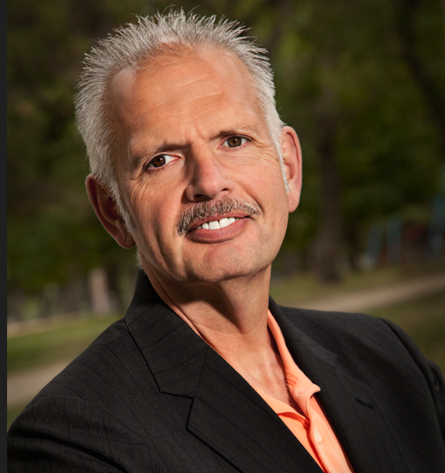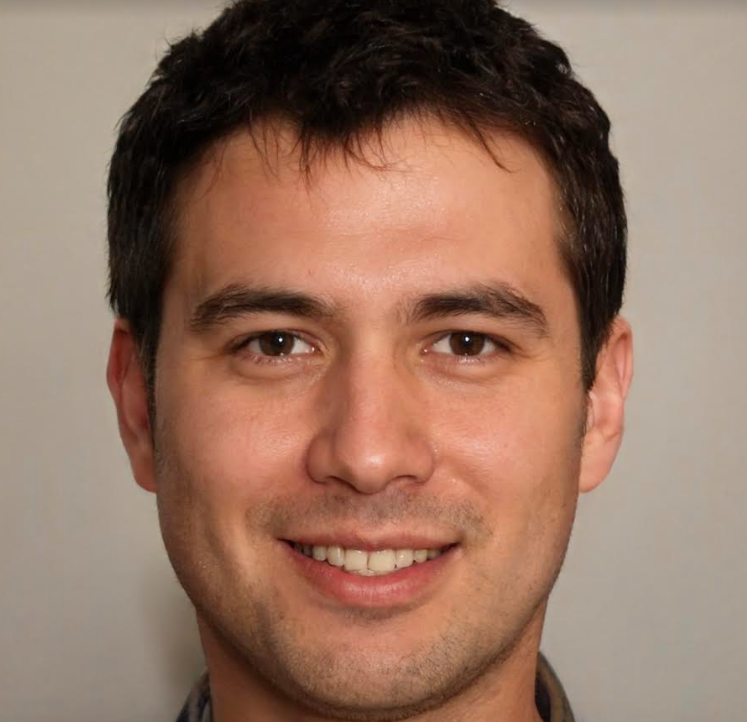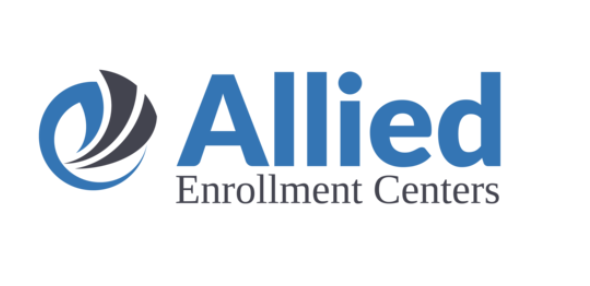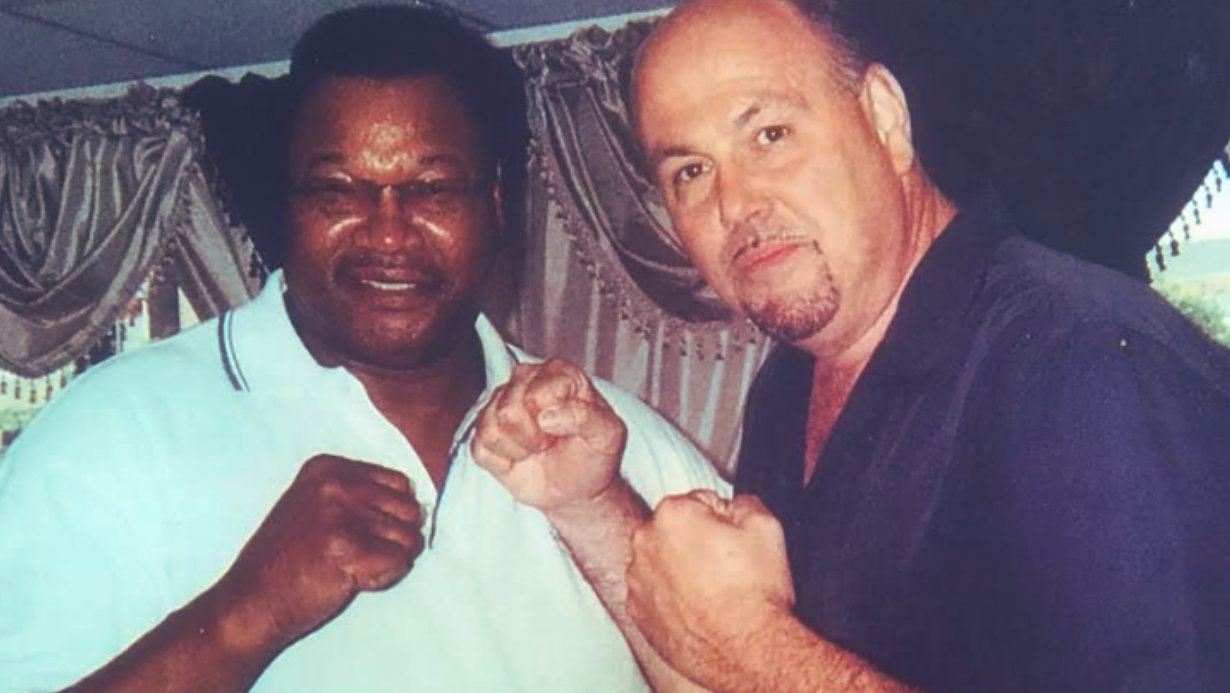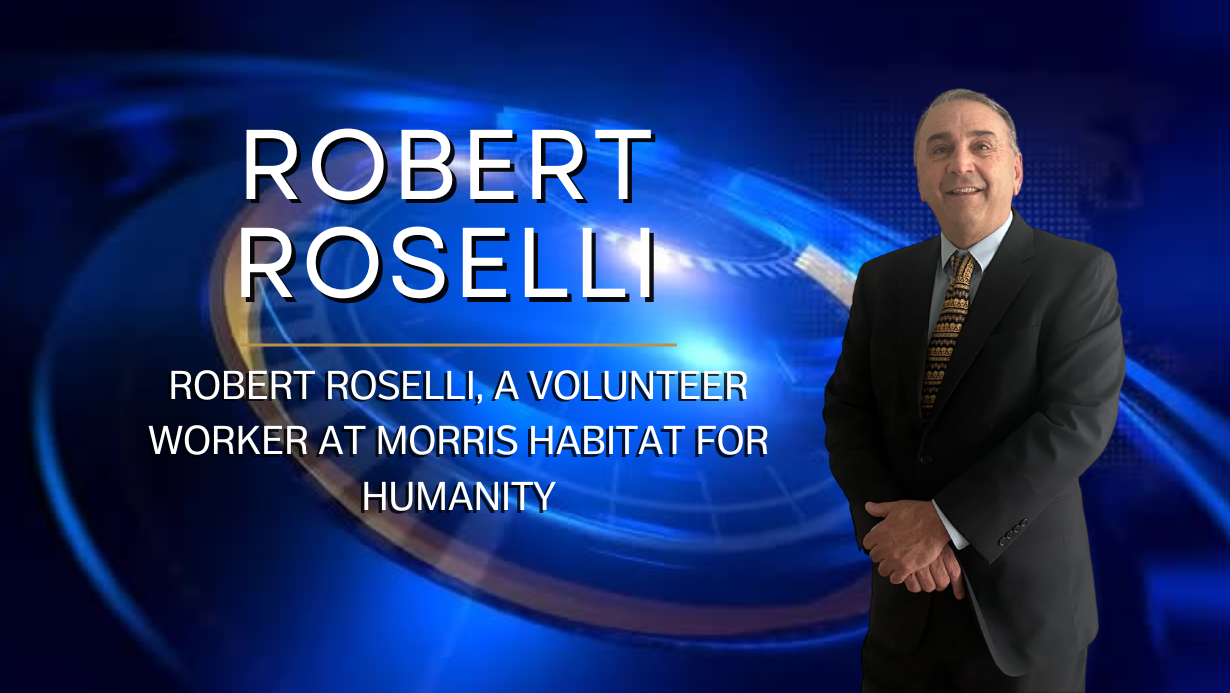Doug Lawrence is the founder of TalentC® and Co-founder of the International Mentor Community. Doug leads organizations to experience the benefits how mentoring will encourage workforce culture to flow in harmony (mentors), improve productivity from employees (mentees), reducing costly employee onboarding improving the bottom line (organizations). He is an International Certified Mentor and has obtained his Certificate of Achievement – Mentoring and his Certificate of Competence – Mentor from the International Mentoring Community (IMC). Doug is currently obtaining his Certificate of Competence – Journey Mentor.
Doug is currently working with researchers to examine the role of mentoring as a support for those struggling with Post Traumatic Stress Disorder (PTSD). His experience in law enforcement coupled with working with people suffering from PTSD has afforded him a unique view of mentoring and PTSD.
Doug’s new book, You Are Not Alone with Influential People Magazine. “You Are Not Alone” came from suggestions/recommendations that I write a book that speaks to how mentoring can bring value to the support structure for mental health. After a rather extensive review of the literature that is out there, I found that there was literature that looked at mentoring and mental health from an academic perspective but not from a practice perspective. That needed to change.”
“Writing this book providing me with the opportunity to confront some of my demons and to also better understand why I had behaved the way that I did. I realized that I had Post Traumatic Stress Disorder (PTSD) and that I had not treated it properly. I had relied on my spouse and two children to provide the support that I needed and yet they had their own trauma in dealing with my behavior. This book will give you a glimpse into my own story which will help you understand the value that mentoring could have brought me.
“You Are Not Alone” provides you with some insight into the world of mentoring and mental health. I hope that you come to the same conclusion that I did. There is truly a place for mentoring as part of the support structure for mental health. The benefits are many and include; reduced sick time in the organization, engaged employees, less turn over, less stress and anxiety, to name but a few.
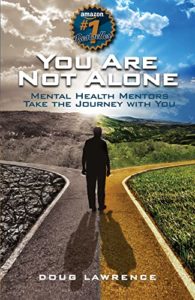
Amazon.com: You Are Not Alone: 9780578995076: Lawrence, Doug: Books
Amazon.com: Amazon.com: You Are Not Alone eBook : Lawrence, Doug : Kindle Store
Jules: You are the founder of TalentC® and Co-founder of the International Mentor Community. Share your background and what led you to mentoring.
Doug: I am a retired Royal Canadian Mounted Police officer having served for 25 years. I am also an international certified mentor. I provided leadership to teams as small as 1 and as large as 160. I retired from the police force in 1998/99 and went on to provide leadership in the private and public sectors. It was during that time that I was providing guidance to those that I worked with, and I used the questioning technique of asking a series of questions to guide someone the answer versus telling them what to do. I didn’t know that what I was doing was actually mentoring. In the fall of 2009, I did some research on mentoring and found that there was a niche for creating a mentoring practice and for the creation of an independent body for the certification of mentors. I began that journey in October of 2009.
Jules: Your Practice of Mentoring has resulted in his accumulation of 2,300 hours of mentoring (in person and virtual), 258 hours of speaking opportunities and 672 hours teaching others how to effectively mentor. What are the benefits of mentoring?
Doug: Mentoring skills and concepts are a transferable skill. They can be used effectively in the family, community, school, workplace and in relationships. The benefits are many such as: 1) development of leadership skills, 2) job coaching, 3) transitioning careers, geographical locations, etc., 4) increased self-confidence, self-awareness, self-esteem, 5) development of strong communication skills, 6) exposure to new and different perspectives, 7) self-reflection, 8) improved goal setting, and 9) sharing of lived experiences, (10) disengaged employees, 11) high turnover rates, 12) onboarding new employees, 13) succession development,(14) mentoring vs termination. This is not an all-inclusive list. After each mentoring session I always come away having learned something about my mentee, the organization they work in, their up bringing and just as importantly about myself.
Jules: What resources can we find in the International Mentor Community?
Doug: The International Mentoring Community (IMC) has information on the certification process that has been created for mentors. There are four levels of certification. The certification is based on competence and includes an audit/verification process that determines whether you can apply the mentoring processes, knowledge and concepts in a competent manner. IMC is that independent body for the certification of mentors and draws on standards that are guided by the International Standards Organization (ISO)
IMC has a large number of videos and course material that is available for people who are searching for additional information that will help them in creating a deeper and richer mentoring experience. We regularly record videos that are on various mentoring topics.
Jules: Tell us about your work with organizations to experience the benefits of mentoring.
Doug: I am a volunteer mentor with the Sir Richard Branson Entrepreneurial program in the Caribbean, a volunteer mentor with Futurpreneur working with Young Entrepreneurs in Canada, and a volunteer mentor with the American Corporate Partners (ACP) helping service people transition from service life to civilian life. I work with organizations to set up mentoring programs in and for the workplace.
Jules: Can you share a few success stories?
Doug: I worked with a professional association to set up a mentoring program in the organization. This was a challenge as their membership was very diverse being located in numerous countries around the world. Through consultation they had made mentoring part of their strategic plan recognizing the value that it would bring to their membership. The program has been operational now for 5 years and has been a huge success. It is being adopted elsewhere as a result.
I am working with an organization to implement a mentoring program in the workplace. We have a pilot program in place and are going to evaluate that in the fall. So far, it is being well received and a company wide implementation will follow. One thing they did was an employee survey to determine if the organization was mentor ready. This helps a lot when deciding how I am going to customize the program to the organization.
In both of these example’s training was a very important element that was built into the implementation. Each program that I have implemented I have stressed the significance of training being provided for the mentor and mentee.
Jules: You had reviewed literature and found that there was literature that looked at mentoring and mental health from an academic perspective, but not from a practice perspective. Tell us about your book, “You Are Not Alone.”
Doug: “You Are Not Alone” was written after a number of people had suggested that I write a book on mentoring and mental health. They saw the results of the work that I was doing with mentoring and mental health and felt that there was a story to be told. I firmly believed that there was a place for mentoring as a part of the support structure for mental health. While most of the literature was academically focused, I felt that there was a place from a mentoring practice perspective for mentoring to be that missing link to the healing journey.
I share some very personal things in this book that are a part of my own experience with PTSD and my healing process.
Jules: Share the key elements to your book.
Doug: The book has some interviews that were done with colleagues who have their own experience with mental health and mentoring. Each brings a different perspective to the book. We explore the signs and symptoms of mental illness in the workplace and how mentoring can be a part of the support structure. We explore the journey mentor profile and where it fits into the support structure. We also provide some background to what is mentoring.
Jules: What did you learn about yourself through the process of writing your book?
I learned that I had PTSD and that my support structure was my wife Debra and my two children. I learned that telling my story through the book and through podcasts talking about my book is very therapeutic. I saw a different person once I began to examine what was taking place and what had taken place. I saw a person who turned to alcohol as a way to mask my inability to deal with the trauma that I had been exposed to. I saw my family reaching out to help me and my reluctance to take that hand that was being extended.
I was on a path to healing and they dealt another trauma in the form of grief when I lost Debra to cancer in February 2021. Grief and mental health will be a part of my next book due to be released in early 2023.
Jules: Tell us about your book, “The Gift of Mentoring” and share your proudest moment of your career.
Doug: “The Gift of Mentoring” was written as a result of some of my mentors suggesting that I write a book. They saw the blog articles that I was writing and felt that bringing them all together in a book was a great idea. The book is basically a Mentoring 101 with some case studies to help people get engaged with the mentoring process. There were some testimonials that were provided to show the value of mentoring in the workplace and with individuals.
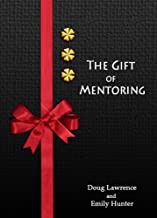
Jules: What is your proudest moment of your career.
Doug: My proudest moment and there are many would be when one of the people that I am mentoring invited me to her wedding. Her and her husband both said that they could not imagine getting married without me being at the wedding.
As a mentor you don’t always get recognized for what it is that you do but in this case it was a heartfelt response to the relationship that I had developed with two amazing people. To watch them commit to their journey through life together meant a lot to me.
Jules: What do you want your legacy to be?
Doug: To make the world a better place to be through the “gift of mentoring” for families, communities, education and the workplace. To deal with the silent pandemic of mental health with mentoring as a part of the support structure. More people will be able to reach out for help through mentoring and not fall through the cracks. It’s okay to say, “I need help”.
Amazon.ca: You Are Not Alone: Lawrence, Doug: 9780578995076: Books – Amazon.ca
Amazon.com: Amazon.com: You Are Not Alone eBook : Lawrence, Doug : Kindle Store
Amazon.ca Buy Link: https://www.amazon.ca/Gift-Mentoring-Lawrence-
Doug-ebook/dp/B0147WVG6I
Amazon.com Buy Link: Amazon.com: Gift of Mentoring eBook: Doug,
Lawrence, Emily Hunter: Kindle Store (amzn.to)
